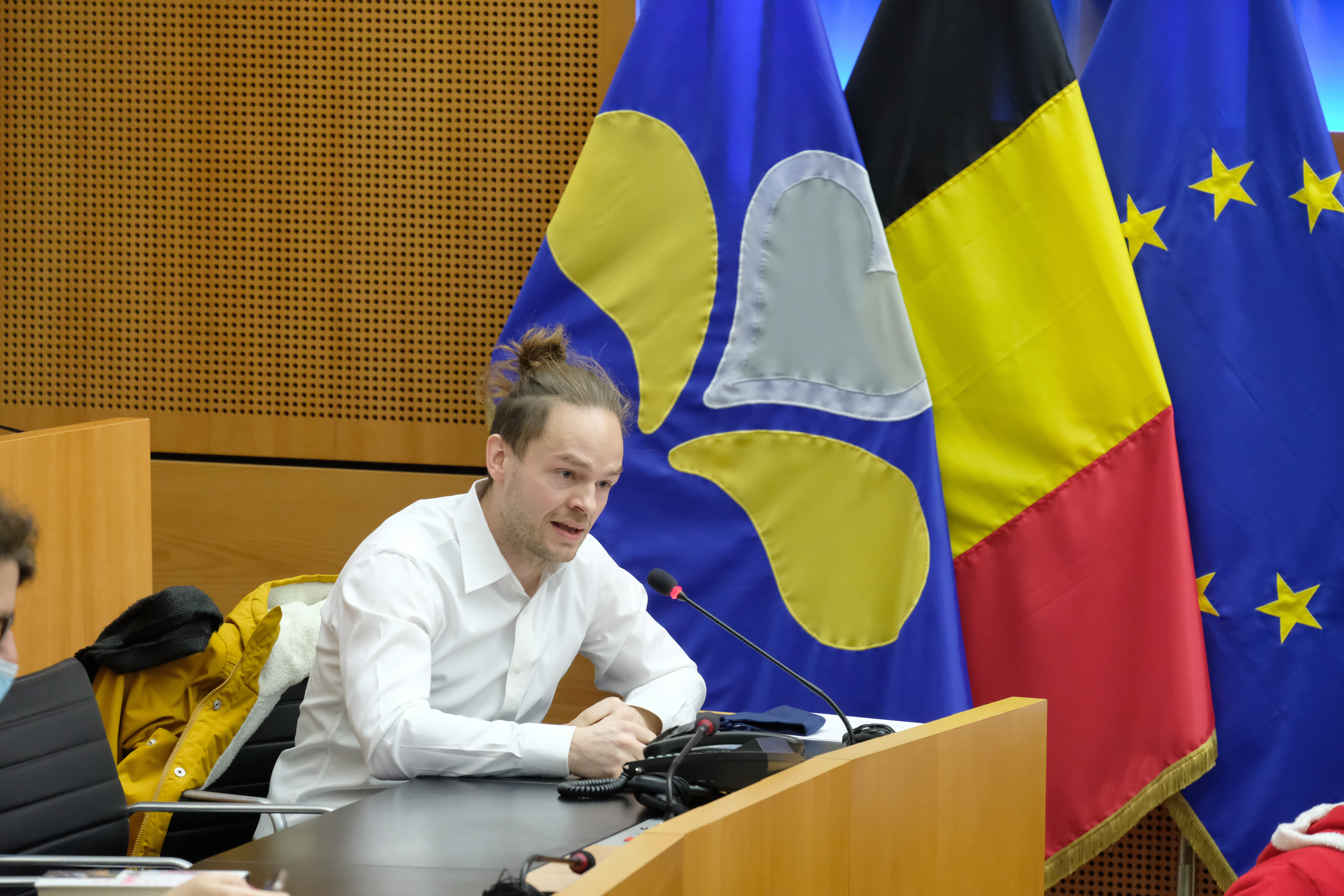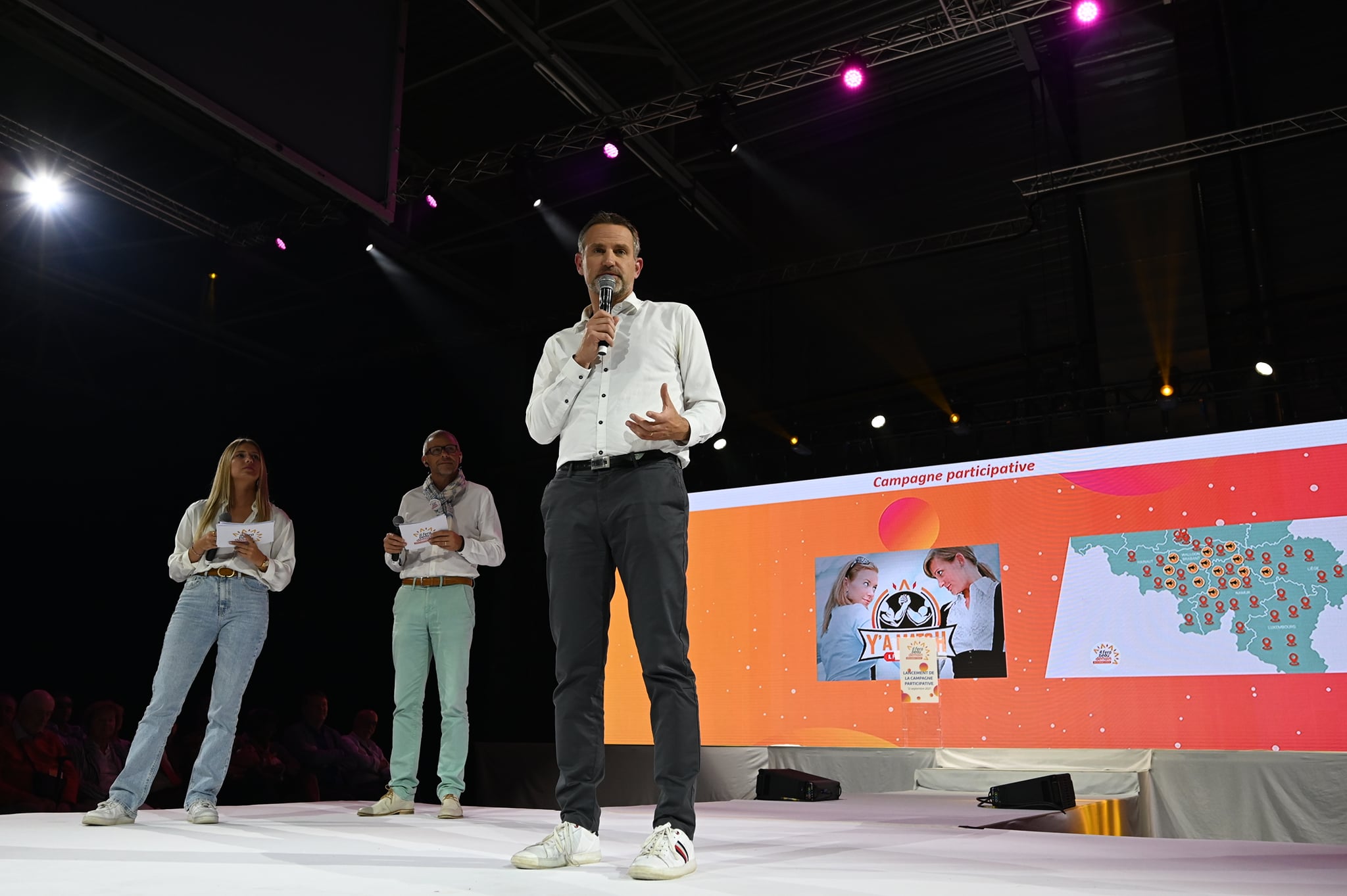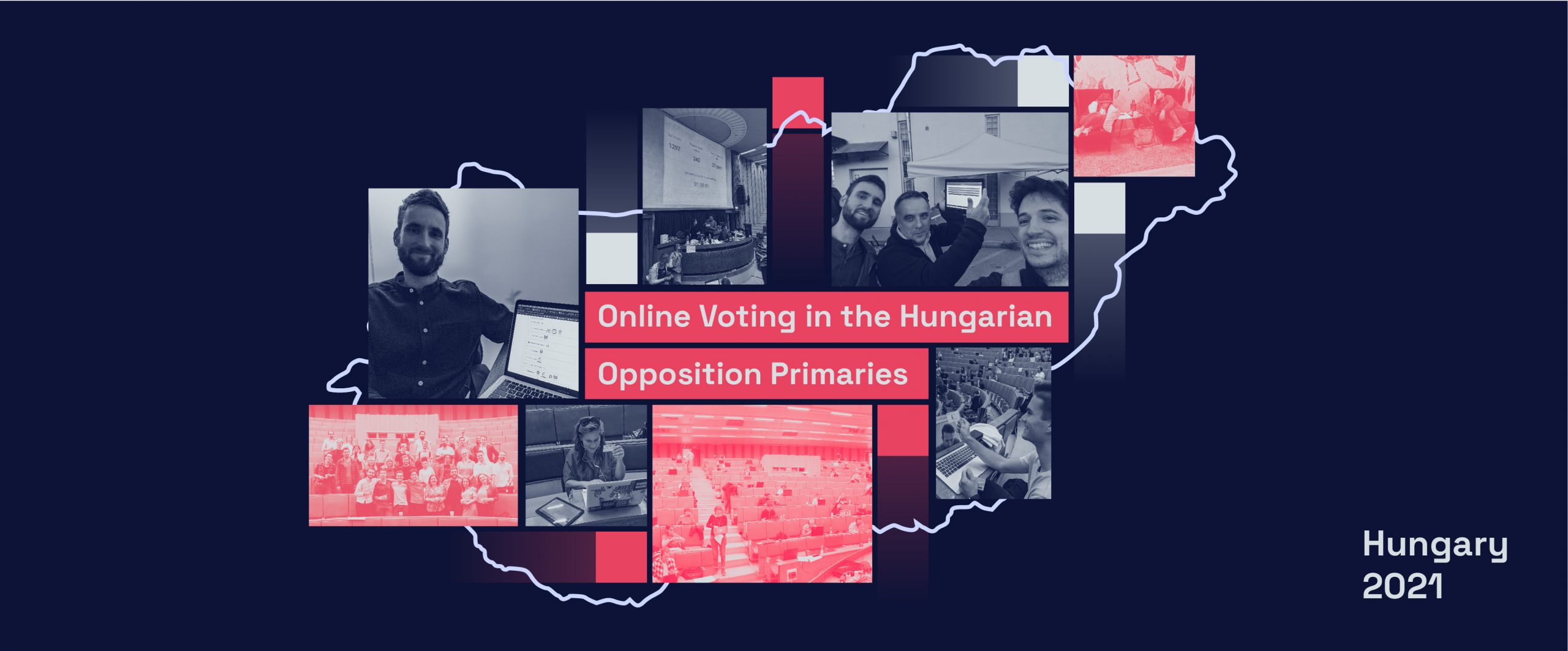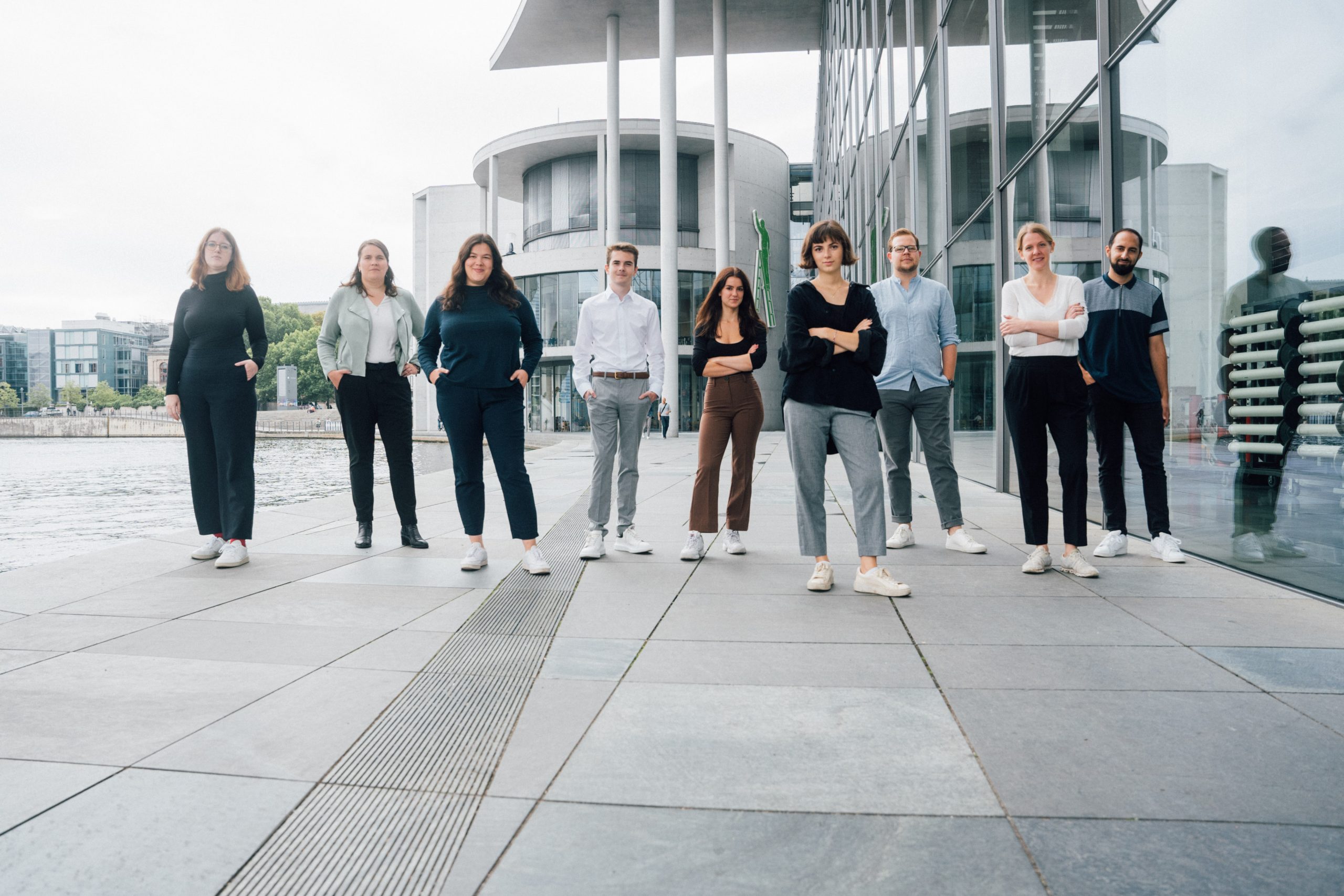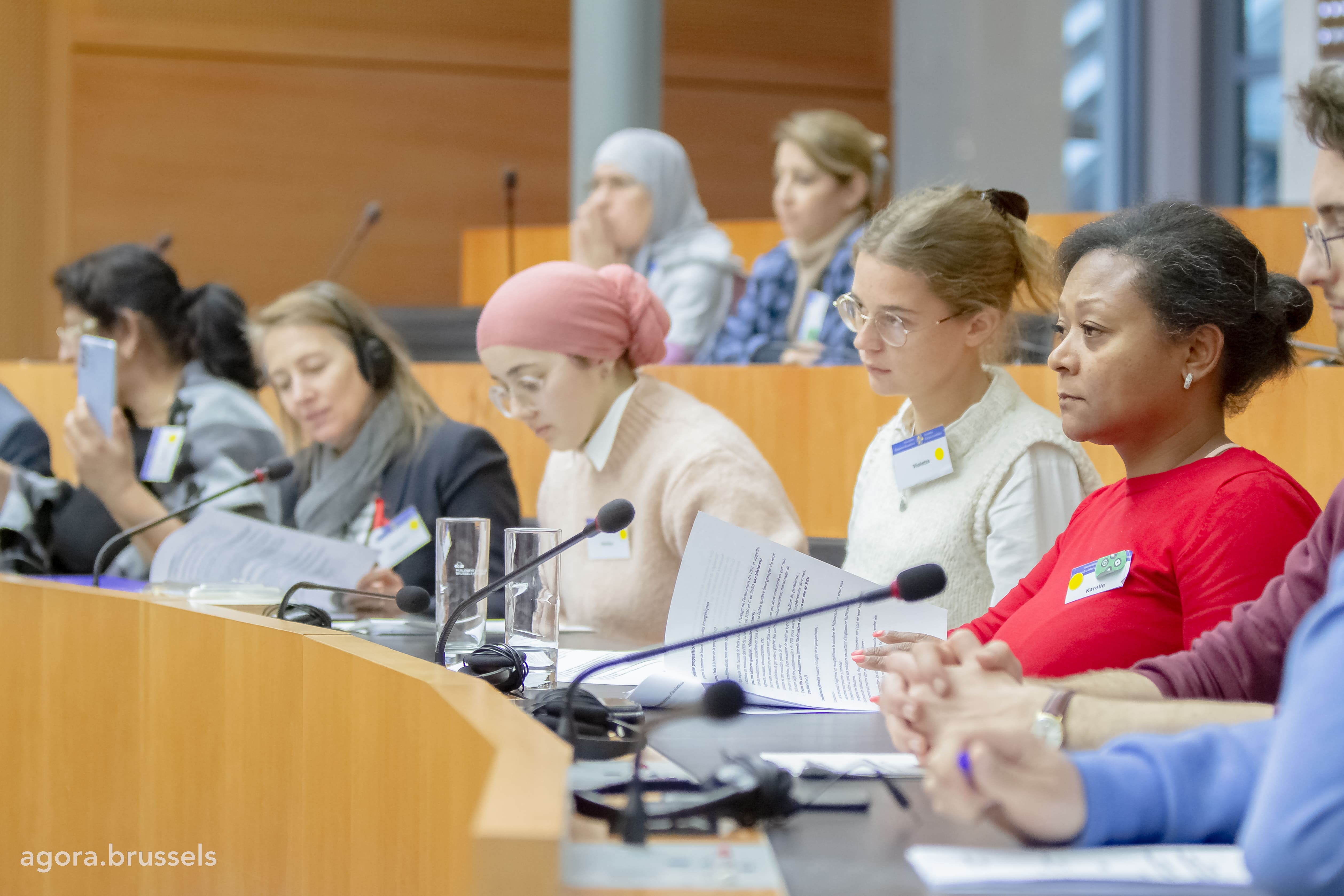 © Agora
© AgoraAgora.brussels aims to promote citizen involvement in politics by engaging citizens in deliberative assemblies and promoting their proposals at various levels of government.
ADDRESSING POLITICAL DISCONNECT
Politics and citizens are increasingly disconnected from one another, with citizens no longer feeling represented by their governments, and political decisions increasingly seen as illegitimate. In response, The Agora.brussels platform aims to make democracy a continuous process (rather than solely limited to election times) in a way that is representative and inclusive of a diverse society.
REINVIGORATING LOCAL DEMOCRACY
Agora.brussels was established in 2018 by dozens of volunteers seeking to reinvigorate democracy in the Brussels region by promoting citizen involvement in policy making. The movement’s aim is to establish a permanent assembly of citizens, drawn by lot, with binding legislative power to complement the power of the elected bodies. A two-stage selection process ensures that assemblies mirror Brussels' population in terms of age, gender, and level of education. Finally, Agora.brussels’ elected MP is tasked with promoting the citizens’ proposals inside Brussels’ Parliament, while Agora.brussels voluntary members and staff contribute to their implementation outside of Parliament.
PARTICIPATION, REPRESENTATION, DELIBERATION
Since its inception, Agora.brussels has won one seat in the regional Parliament and has piloted four deliberative assemblies. With the help of facilitators and experts from different areas, each of the four assemblies have deliberated and coined proposals on regional priorities, including housing, employment, and energy. This new way of combining citizen participation and representative democracy demonstrates the promise of citizen assemblies in invigorating political life. Rather than engaging in partisan ideological debates, citizens make deliberations based on their own lived experiences in the city. Other direct benefits include the empowerment of citizen participants (programme satisfaction rates exceed 75%), a closer alignment between citizens and their elected MPs, the development of pragmatic and accessible proposals, the facilitation of political consensus-building, and an improved quality of life in the region.
